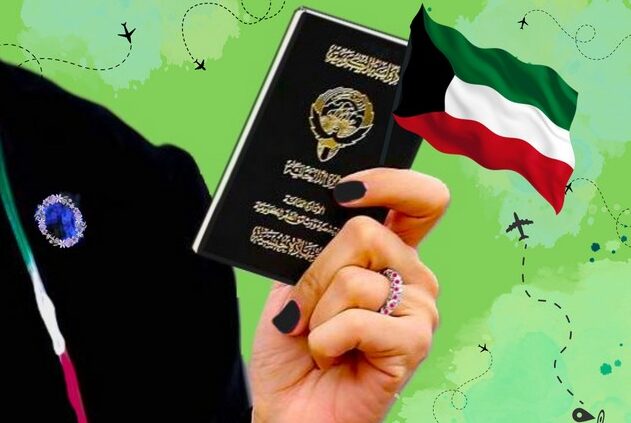Kuwait’s Sweeping Denaturalization Campaign: Over 12,000 Citizenships Revoked
In a significant move to reform its Nationality Law, Kuwait has revoked the citizenship of more than 12,000 individuals since August 2024. This initiative, led by First Deputy Prime Minister Sheikh Fahad Yousef Saud Al-Sabah, aims to address issues related to dual nationality, fraudulent naturalization, and the preservation of national identity.
Background and Rationale
Kuwait’s Nationality Law, particularly Article 11, stipulates that citizens who voluntarily acquire another nationality automatically forfeit their Kuwaiti citizenship. The recent crackdown targets individuals who have allegedly obtained citizenship through fraudulent means, hold dual nationalities, or have violated the terms of their naturalization. The government emphasizes that these measures are essential to uphold the integrity of Kuwaiti citizenship and prevent the “purchasing of loyalties.”
Implementation and Process
The Ministry of Interior has been actively reviewing cases of suspected fraud and dual nationality. A confidential hotline was established to encourage citizens to report instances of illegal dual citizenship or fraudulent activities, with assurances of anonymity for whistleblowers. As of March 2024, the ministry had received 407 such reports, which are under thorough investigation before any action is taken.
In the latest wave of revocations announced on December 13, 2024, citizenship was stripped from 2,863 individuals across 54 countries, bringing the total to over 12,000 since the campaign’s inception. The government has also abolished Article 8 of the Nationality Law, which previously provided certain pathways to Kuwaiti citizenship, further tightening the criteria for naturalization.
Categories of Revoked Citizenship
The revocations fall into several categories:
- Fraud and Deception: Individuals who obtained citizenship through forged documents or false information.
- Dual Nationality: Citizens who hold another nationality in violation of Kuwaiti law.
- Marriages of Convenience: Non-Kuwaiti women who married Kuwaiti men to acquire citizenship and divorced shortly after.
The government has stated that dual nationals have the option to either relinquish their foreign citizenship or forfeit their Kuwaiti nationality. Additionally, women married to Kuwaiti men, divorcees, and widows who lose citizenship will retain their employment and current salaries, and retirees will continue receiving their pensions.
Historical Context
Kuwait has a history of revoking citizenship as a means to address security concerns and political dissent. In 2014, authorities stripped five critics of their citizenship, including media owner Ahmed Jabr al-Shammari, citing reasons such as promoting principles that undermine the country’s social or economic system. This move was widely criticized by human rights organizations as an assault on free speech.
Public Reaction and International Perspective
The denaturalization campaign has elicited mixed reactions. Some Kuwaiti citizens support the government’s efforts to preserve national identity and prevent fraudulent practices. However, human rights advocates express concern over the potential for statelessness and the infringement of individual rights. The international community is closely monitoring the situation, emphasizing the need for Kuwait to adhere to international human rights standards.
Future Implications
The Kuwaiti government plans to introduce further amendments to strengthen the Nationality Law, aiming to close existing loopholes while protecting national identity. These reforms represent the most consequential changes to Kuwait’s citizenship policies since its independence. As the campaign progresses, it will be crucial for the government to balance national interests with the protection of individual rights to maintain social stability and international standing.
In conclusion, Kuwait’s extensive denaturalization campaign marks a pivotal moment in the nation’s efforts to reform its citizenship policies. While the government’s actions underscore a commitment to preserving national integrity, they also raise important questions about human rights and the potential consequences for those affected. The unfolding developments will undoubtedly have lasting impacts on Kuwait’s social and political landscape.
Do follow gulf magazine on Instagram.
for more information click here.
Salalah’s Luxury Properties: A Paradise of Elegance and Exclusivity



